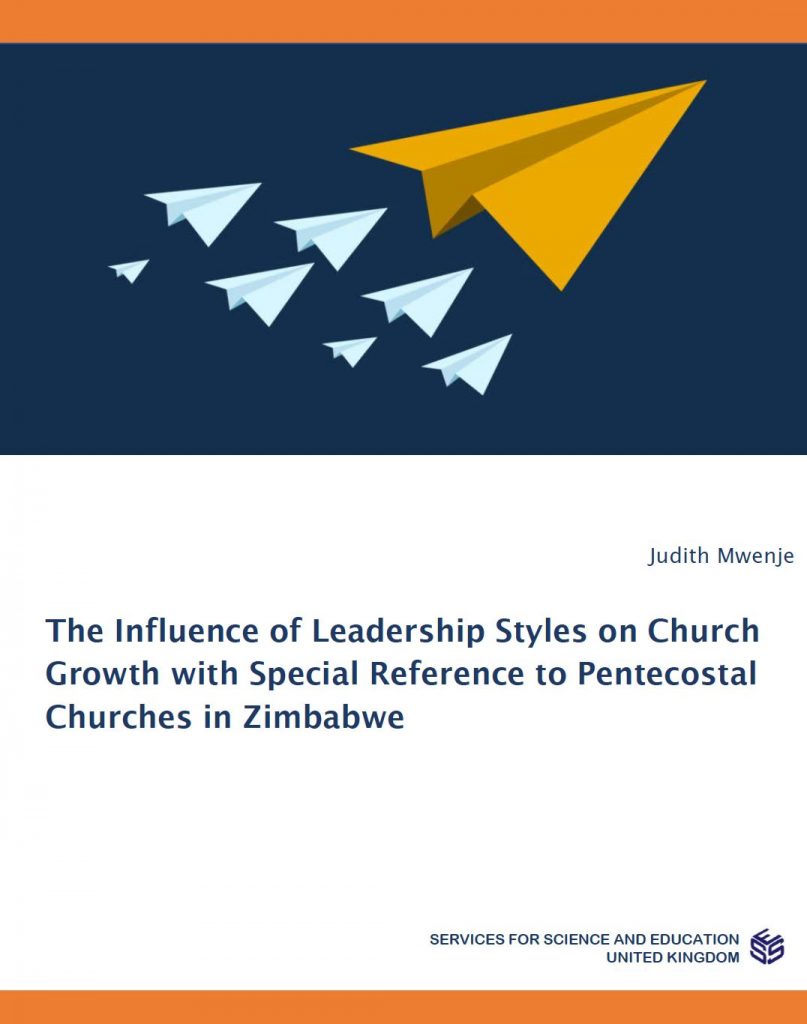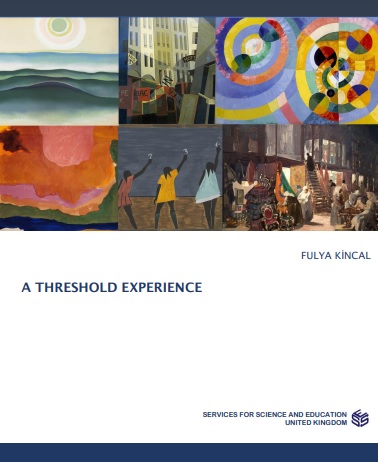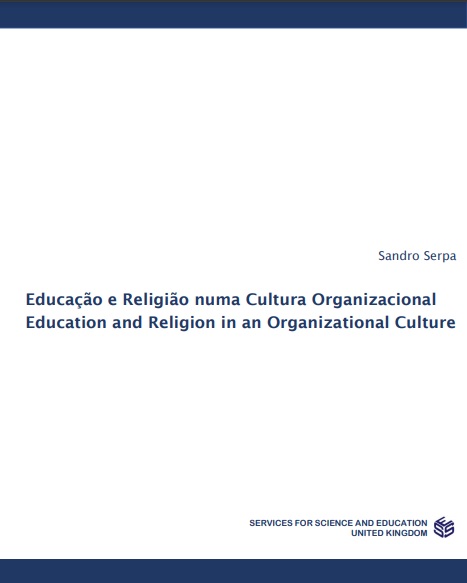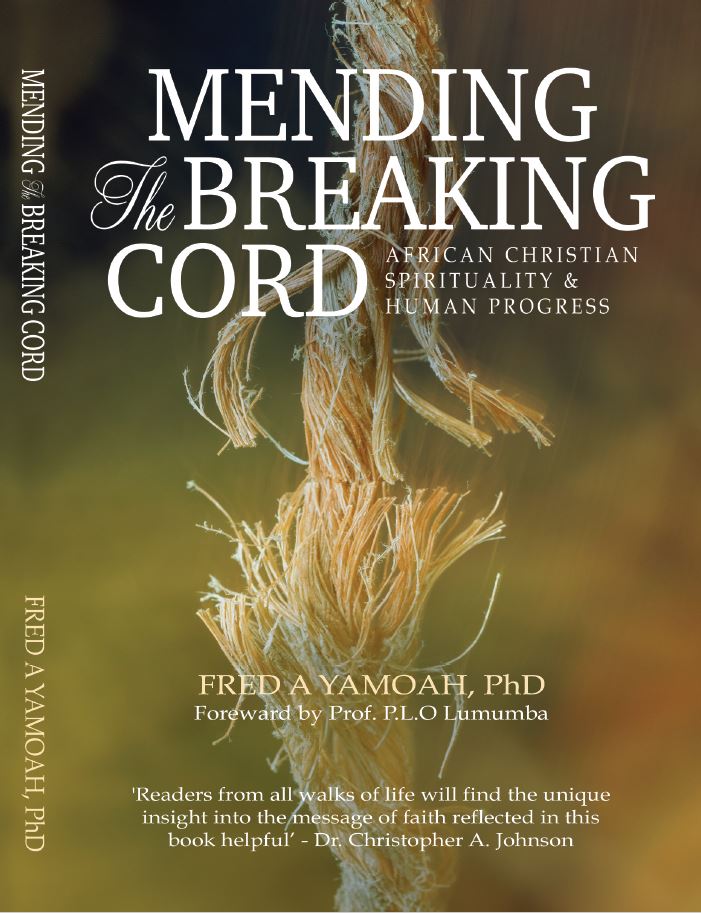The Influence of Leadership Styles on Church Growth with Special Reference to Pentecostal Churches in Zimbabwe
The study focused on the influence of leadership styles in Pentecostal churches with reference to Zimbabwe. There has not been a comprehensive study on leadership styles amongst Pentecostal churches in Zimbabwe which extends the leadership theories developed for business organizations to church organizations. The mixed methods (pragmatic) approach was adopted in the study using both qualitative and quantitative data. It allows the researcher to use multiple methods, different worldviews and assumptions as well as different forms of data collection and analysis. The pragmatic approach is not committed to one system of philosophy and reality and it gives the researcher freedom of choice of methods, techniques and procedures of the research that best answers the research problem. The mixed methods was also adopted for triangulation purposes. A case study approach using exploratory and descriptive research designs was employed. Interviews, questionnaires and observations were the main data collection tools. Document analysis was also used as a triangulation method. Three main participant groups in this study were the founders of the church, the leaders of the church such as pastors, elders, deacons and departmental leaders and finally the members of the church. Six Pentecostal churches were identified using specified criteria in order to create boundaries. Analysis of data was guided by the grounded theory propounded by Glaser and Strauss (1967) using the Constant Comparative Method. In addition the Public and Hidden Transcripts Theory by Scott (1992) was used as a discourse analysis tool. The findings were divided into four main categories, the leadership styles, growth strategies, sustainability and succession plan in order to address the influence of leadership styles on growth among the Pentecostal churches in Zimbabwe. Under the leadership styles, the study sought to find out first the leadership styles of the founders or senior pastors of Pentecostal churches in Zimbabwe. Overall the findings indicate that the transformational leadership style is the leadership style of founders of the Pentecostal churches in Zimbabwe. The second part on leadership was to find out the leadership styles of leaders in which the democratic leadership style was the mostly practiced one. The final aspect was to identify the dominant leadership style within the Pentecostal churches in Zimbabwe. The supportive leadership style was found to be the dominant leadership style in Pentecostal churches in Zimbabwe. Two models are presented as contribution to knowledge especially which can either be adapted or adopted by leaders in churches, business and management circles. The first model, the Ordinary-Questioning-Decision Making and Stability Model (OQDS) identifies the levels that people are at within the organisation (church). After that identification relevant leaders need to groom them using the Contextualised Leadership-Follower Model (CLF), in order to bring about loyalty and commitment.



![Normative Framework in the Organization – Statutes and Regulation of Asilo de Infância Desvalida da Horta [Asylum for the Disadvantaged Childhood of Horta] in the Monarchy and the 1st Republic](https://scholarpublishing.org/sse/wp-content/uploads/2022/03/Untitled-42.jpg)


